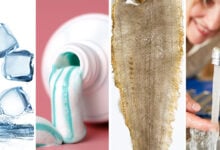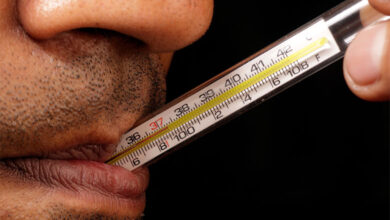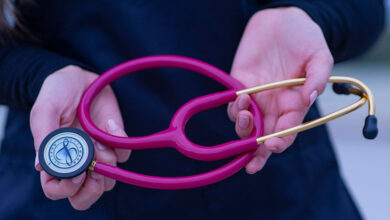Hand hygiene for all during pandemic
The Covid-19 pandemic provides a stark reminder that one of the most effective ways to stop the spread of a virus is also one of the simplest: hand hygiene, especially through handwashing with soap.

October 15 is Global Handwashing Day, a global advocacy day, dedicated to increasing awareness and understanding about the importance of handwashing with soap as an effective and affordable way to prevent diseases and save lives.
The Covid-19 pandemic provides a stark reminder that one of the most effective ways to stop the spread of a virus is also one of the simplest: hand hygiene, especially through handwashing with soap. To beat the virus today and ensure better health outcomes beyond the pandemic, handwashing with soap must be a priority now and in the future.
This year’s theme, Hand Hygiene for All, calls for all of society to achieve universal hand hygiene.
The link between handwashing and health was first established less than two centuries ago.
Ignaz Semmelweis, a Hungarian doctor working in Vienna General Hospital, is known as the father of hand hygiene. In 1846, he noticed that the women giving birth in the medical student/doctor-run maternity ward, in his hospital, were much more likely to develop a fever and die, compared to the women giving birth. He noticed that doctors and medical students often visited the maternity ward directly after performing an autopsy.
Taking cognizance of the seriousness, Semmelweis imposed a new rule mandating handwashing with chlorine for doctors. The rates of death in his maternity ward fell dramatically. This was the first proof that cleansing hands could prevent infection.
A few years later in Scutari-Italy, the Crimean War brought about a new handwashing champion, Florence Nightingale. At a time when most people believed that infections were caused by foul odors called miasmas, Florence Nightingale implemented handwashing and other hygiene practices in the war hospital in which she worked.
Sadly, handwashing promotion stood still for over a century. It was not until the 1980s, when a string of food-borne outbreaks and healthcare-associated infections led to public concern.
SITUATION IN INDIA
Communicating the importance of washing hands with soap to avoid Covid-19 spread is a daunting task in India as only 35.8 per cent households in the country practice hand-washing with soap or detergent before a meal, while 60 per cent households wash hands only with water.
The National Sample Survey (NSS) 76th round report-2019, reveals that 25.3 per cent households in rural India and 56 per cent in urban wash hands with soap or detergent before a meal. Also, 2.7 per cent households wash hands with ash, mud, and sand before meals.
In rural areas, 70 per cent people wash hands with water without soap or detergent, before a meal, and in urban areas, 42 per cent of people follow this practice.
What is more alarming is that about 26 per cent people in India don’t wash their hands with soap or detergent after defecation. 13.4 per cent households (15.2 per cent rural and 9.8 per cent urban) wash hands only with water after defecation. Two-third toilets in India have water and soap/detergent available in or around the toilets.
Diarrhoea and pneumonia are leading causes of death for children under the age of five. Handwashing can save lives and can decrease diarrhoea by almost one-half and acute respiratory infections by nearly one-quarter.
Handwashing with soap impacts not just health and nutrition, but also education, economics, and equity.















